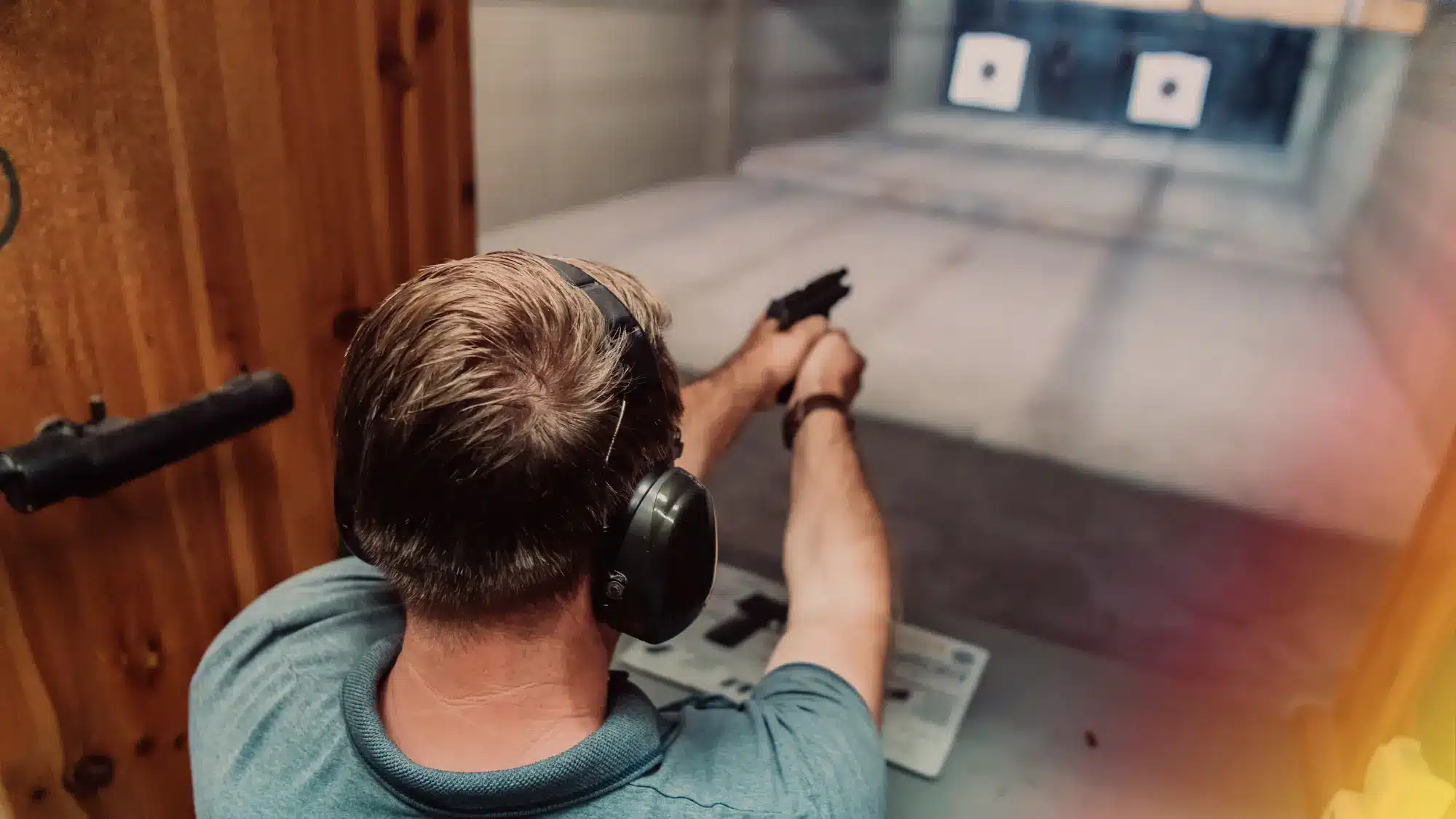Are you considering carrying a concealed firearm in Connecticut? Understanding the process and requirements for obtaining your permit is essential. This beginner’s guide will walk you through the key steps, what to expect from concealed carry classes in CT, and how to ensure you’re fully prepared for responsible concealed carry.
Why Concealed Carry Training Matters in Connecticut
Connecticut law requires all applicants for a state concealed weapons permit to complete a state-approved firearm safety course. This ensures that only law-abiding, responsible citizens are permitted to carry concealed firearms, and that they understand both the practical and legal aspects of gun ownership.
What to Expect from Concealed Carry Classes in CT
When searching for “concealed carry classes in CT,” look for courses that meet the following state requirements:
- Approved Curriculum: The course must be approved by the Commissioner of Emergency Services and Public Protection (DESPP).
- Certified Instructors: Training must be conducted by instructors certified by the National Rifle Association (NRA) or the Connecticut Department of Environmental Protection.
- Live Fire Requirement: Students must fire a semi-automatic pistol or revolver during the course. Simulated shooting tools, air guns, or dry-fire exercises do not meet this requirement.
- Legal Instruction: Training must include instruction on Connecticut’s laws regarding safe storage, lawful use, and lawful carrying of firearms in public and private settings.
- Recent Completion: As of July 1, 2024, your training must be completed within two years before your permit application.
Step-by-Step: How to Get Your Connecticut Concealed Carry Permit
1. Complete a State-Approved Handgun Safety Course
- Enroll in a reputable concealed carry class in CT that meets all state requirements.
- Ensure you complete the live-fire component with a certified instructor.
2. Gather Required Documentation
- Completed application form (available from your local police department or DESPP).
- Two fingerprint cards.
- Two copies of your birth certificate or passport.
- Proof of course completion.
3. Submit Your Application
- Bring your unsigned application and documents to your local chief of police, city/town hall, or first selectman. Non-residents apply directly to DESPP.
- Sign your application in the presence of an official.
- Pay the required fees (application fee plus background check costs).
4. Temporary Permit Issuance
- Local authorities will issue a 60-day temporary permit if approved. This allows you to purchase and transport a firearm but not carry it concealed on your person.
5. State Permit Application
- After receiving your temporary permit, apply to the DESPP for your 5-year regular permit.
Choosing the Right Concealed Carry Class in CT
When selecting a training provider, ensure they:
- are recognized by the state and have certified instructors.
- offer comprehensive legal and practical instruction.
- provide hands-on, live-fire training.
- have positive reviews and a track record of student success.
The NRA Basic Pistol Class is a popular option that meets Connecticut’s requirements and is accepted for non-resident permits in several other states.
Frequently Asked Questions
How long is the permit valid?
Connecticut concealed carry permits are valid for five years.
Is additional training required for renewals?
No additional training is required when renewing your permit.
What happens if my application is denied?
You may appeal to the Board of Firearm Permit Examiners within 90 days at no cost.
Start Your Concealed Carry Journey with Confidence
Completing a concealed carry class in CT is the first step toward responsible firearm ownership and personal protection. At Vantage Point, we’re committed to helping you navigate the process with expert instruction and up-to-date guidance. Take your first step today—enroll in a state-approved class and prepare to carry with confidence.






